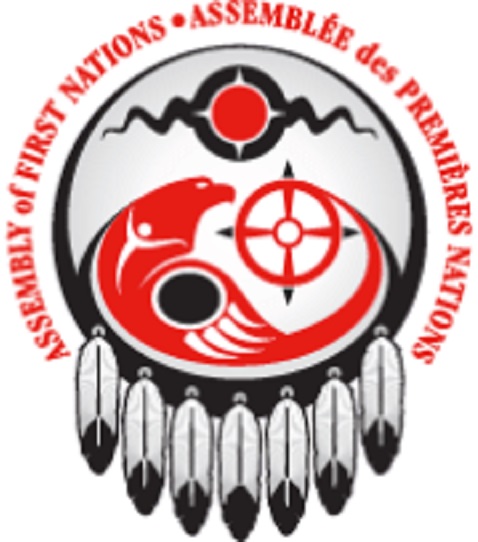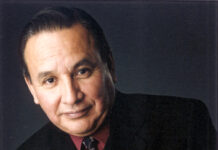THE BC Assembly of First Nations (BCAFN) in a statement on the atrocity at Kamloops Indian Residential School said:
“The BC Assembly of First Nations has been reflecting on the atrocity of 215 dead children in unmarked graves discovered at the Kamloops Residential School last week. Kukpi7 Rosanne Casimir of the Tk’emlúps te Secwépemc is a member of the board of the BCAFN, and we stand in solidarity with her and her community, and all First Nations citizens during this most trying time.
“One important message that Kukpi7 Casimir has shared with us is that while Tk’emlúps te Secwépemc is grieving, they ask that we all conduct our ceremonies and healing in our home communities for now. They are preparing to properly welcome visitors to the site of the Kamloops Indian Residential School in a way that is safe for everyone involved, and respects the spirits of the children whose graves were found there.
“We want to share thoughts on the strength we have as First Nations people, strength that comes from our spirituality and experiences. Our peoples have gone through extreme suffering at the hands of so many colonial institutions in Canada – and this suffering continues today. Yet we remain strong; we are resilient. We have our connection to our territories and to the Creator that guides us. We want everyone who is grieving now to remember this, and to hold on to those strengths. And please, if you need support, reach out to a loved one, a friend, or call on a professional mental health worker. The Indian Residential School Survivor Society can be reached at 1 (800) 721-0066. More supports are also listed at bcafn.ca/news/alerts/crisis-
“As our BCAFN Knowledge Keeper, and Ambassador for Reconciliation Canada, Dr. Chief Robert Joseph has wisely shared: we need to be grateful to these children; they have given us a gift. We need to take this time to pause and reflect, and decide how we will move forward together in a good way, to bring justice and peace to this country, to make real concrete steps towards forgiveness, love and reconciliation. The Canadian political leadership has become complacent, and these children have revealed themselves at an important time to give us all a wakeup call. It is time for change.
“We also want to acknowledge BCAFN Board Member Chief Harvey McLeod for his courage and strength in sharing his personal story of survival. He attended the Kamloops Indian Residential School, and has displayed his leadership by sharing his experiences and emotions with media and all Canadians. These stories need to be told so that all people here and around the world can understand that genocide has been committed here in Canada.
“The BCAFN is still gathering ourselves to determine the way forward. But it is clear that the federal and provincial governments need to take real concrete steps to implement the 94 Calls to Action outlined in the Truth and Reconciliation Commission’s final report and in particular Calls to Action 71-76. These actions will present steps in the positive direction towards real reconciliation. Of course, reconciliation is not about checking boxes; after over 100 years of residential schools and other violence committed against First Nations, healing will take a great deal of work, honour and respectful conversations.
“We have joined with the other members of the First Nations Leadership Council to demand a process be developed that ensures future grave sites are dealt with respectfully, and that any findings can be used in future legal proceedings in Canada and internationally. We owe this to the children who died at these horrific institutions across Canada.
“BCAFN would like to thank Kukpi7 Casimir and Tk’emlúps te Secwépemc for their determination to find and reveal the truth and their courage as they forge ahead with this difficult but necessary work.”














